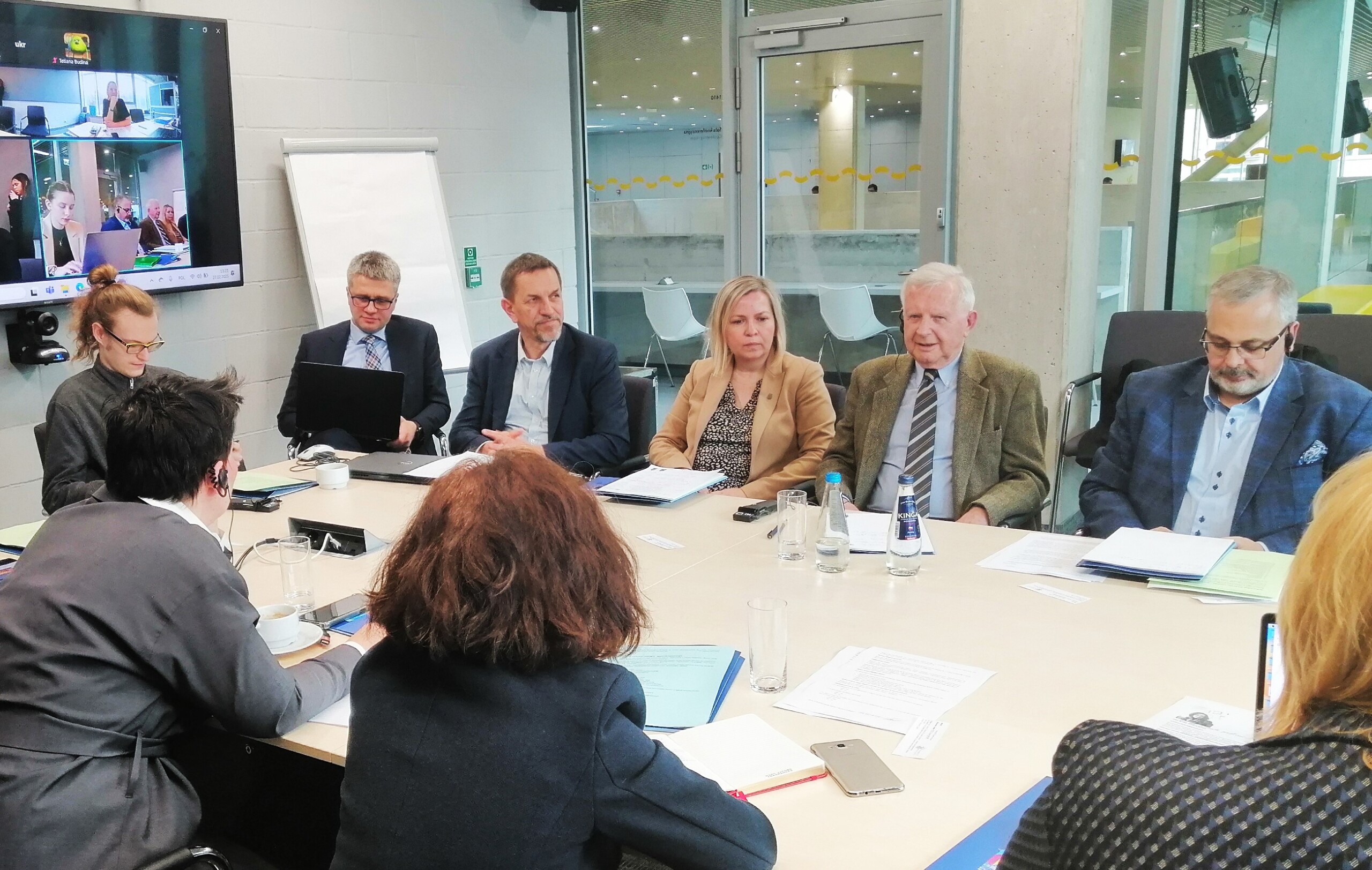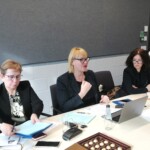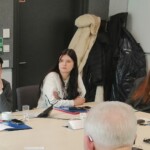Political System and Quality of the State: When a Constitutional Moment Makes History

27 02 2025
During the first seminar in the “Political Regime in Action” series, dedicated to the quality of the state, Professor Antoni Z. Kamiński, Ph.D., presented an analysis of Ukraine’s potential future in the post-war realities. He emphasized that Ukraine holds a crucial place on the map of Europe and that its fate after the war will impact the political situation and security of other countries and regions.
Professor Kamiński referred to Bruce Ackerman’s concept of the constitutional moment, understood as a foundational point when a political community has the opportunity for a fundamental restructuring of its political system. Such an opportunity arises in response to a growing public awareness of the inertia and dysfunctionality of power, which fails to meet citizens’ expectations, as well as the instability of political representation. Under these conditions, public pressure for reform grows, fueled by a collective sense of historical significance and the opportunity for a new political elite to emerge. The constitutional moment is fleeting and fragile—it can easily be lost if not seized in time.
According to the speaker, Poland after 1989 did not fully seize its constitutional moment. As a result, a party-state emerged, lacking a proper balance between the government and citizens, as well as between different branches of power. One of the most serious consequences has been the destabilization of government administration, driven by the practice of replacing personnel after each election—often with individuals who lack the necessary qualifications.
Professor Kamiński highlighted the impact of delaying Poland’s first post-1989 parliamentary elections on the loss of its constitutional moment and the consequences of adopting a proportional electoral system. The law, aimed at preserving the presence of post-communist parties in the political arena, led to the gradual oligarchization of party relations and the demobilization of society.
The speaker outlined possible scenarios for Ukraine’s post-war constitutional moment, where military personnel and veterans could play a key role. In addition to internal resources, external contributions—such as support from experts and advisors—will also be crucial. Strong and effective state institutions will serve as the foundation of trust in the Ukrainian state in its relations with international partners, particularly the European Union.
Professor Kamiński also referenced the concept of systemic learning, which requires analytical parliamentary oversight of the reform development and implementation process. Such a mechanism enables continuous adjustments and adaptations, increasing the effectiveness of reforms. He also reminded that a constitution is not only a legal act but also fulfills a symbolic function, opening a new order and allowing a break with the past.
The lecture sparked a lively discussion among participants. Topics raised included the definition of the constitutional moment, different types of constitutional crises, the impact of electoral systems on the quality of political elites and parliamentary legitimacy, the coherence and interaction between various elements of the political system, the possibility of developing ex-ante systemic solutions, the importance of elite compromises, and the relationship between society and the government.
The most emotionally charged part of the discussion revolved around the assessment of Poland’s constitutional moment after 1989. In response to Professor Kamiński’s critical analysis, arguments were also put forward in favor of a more nuanced or even positive evaluation. These arguments highlighted the need to move beyond a judgment of success or failure and instead focus on analyzing the actual consequences of the decisions made—taking into account both mistakes and political choices that proved effective in
practice.
The discussion brought together the voices of Polish and Ukrainian researchers, creating a multidimensional picture of the political system. A recurring theme was the discrepancy between constitutional norms and political practice. The analysis of the causes of this discrepancy and its impact on the quality of state institutions’ functioning will continue in upcoming seminars.



